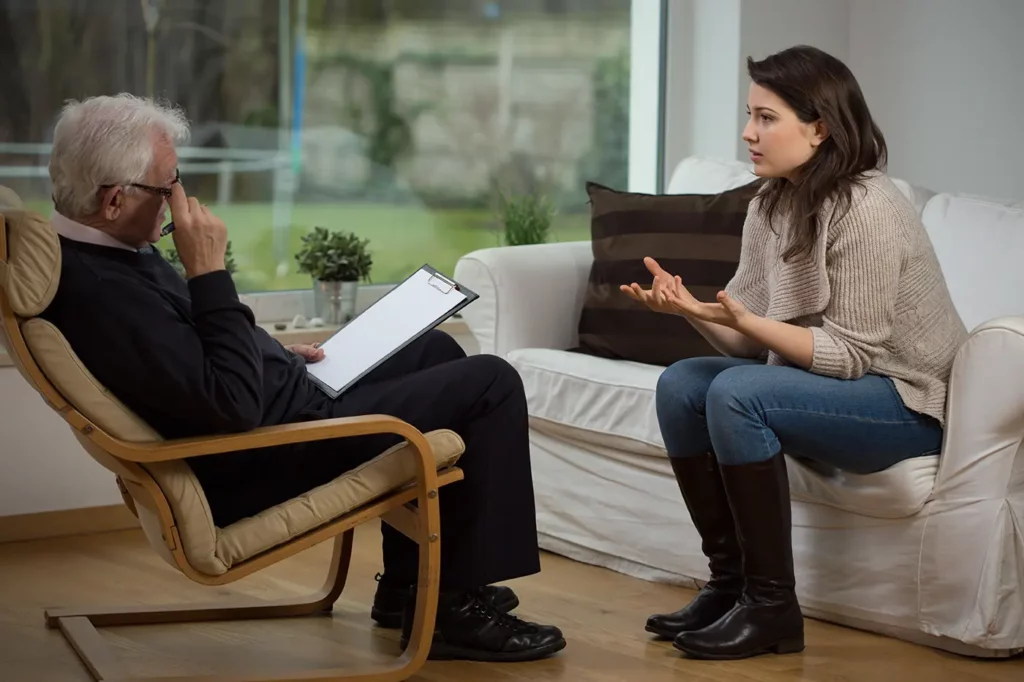24/7 Helpline:
(866) 899-221924/7 Helpline:
(866) 899-2219
Learn more about Residential Rehab centers in Person County

Other Insurance Options

American Behavioral

Self-pay options

Multiplan

Amerigroup

Access to Recovery (ATR) Voucher

Sutter

MHNNet Behavioral Health

State Farm

ComPsych

Molina Healthcare

BHS | Behavioral Health Systems
Beacon

Health Choice

Anthem

EmblemHealth

Regence

CareSource

Sliding scale payment assistance

Oxford

Absolute Total Care

Freedom House Recovery Center
Freedom House Recovery Center - South Madison Boulevard offers outpatient treatment for individuals ...






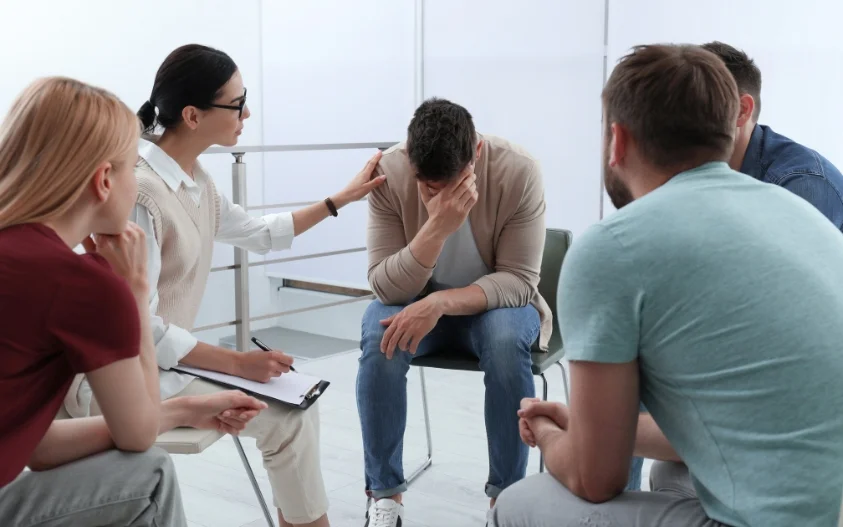





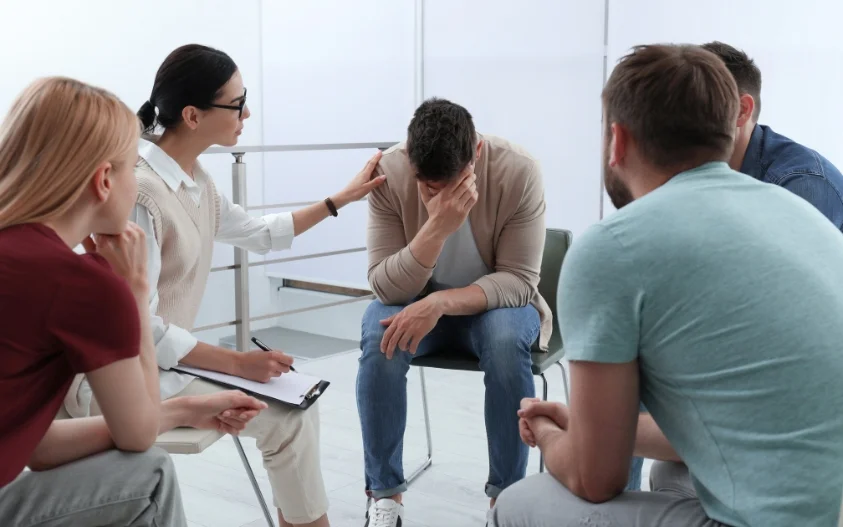


















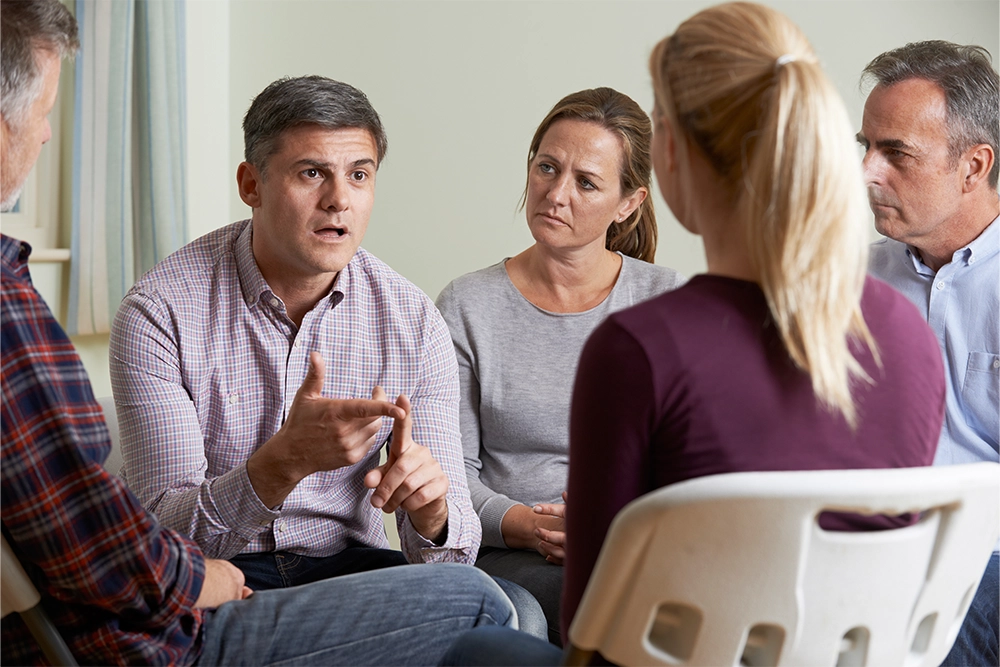


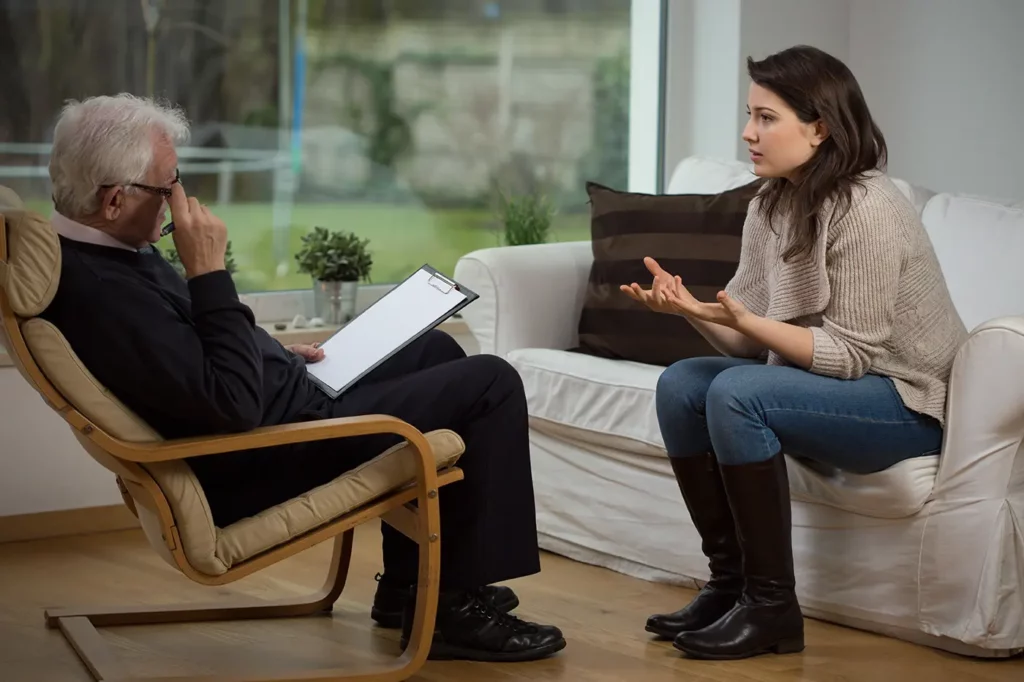





Life Changes
Life Changes offers a variety of programs including EAP Services, DWI Assessments & Treatment, and S...




















